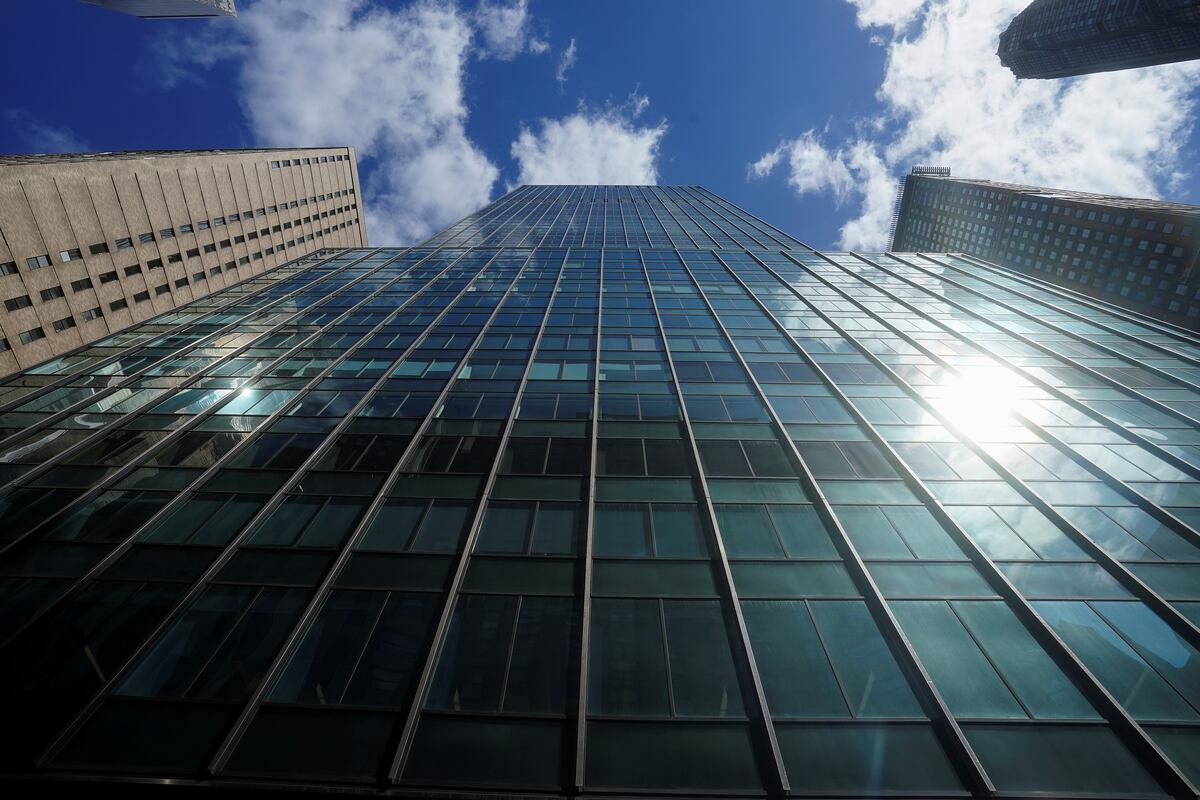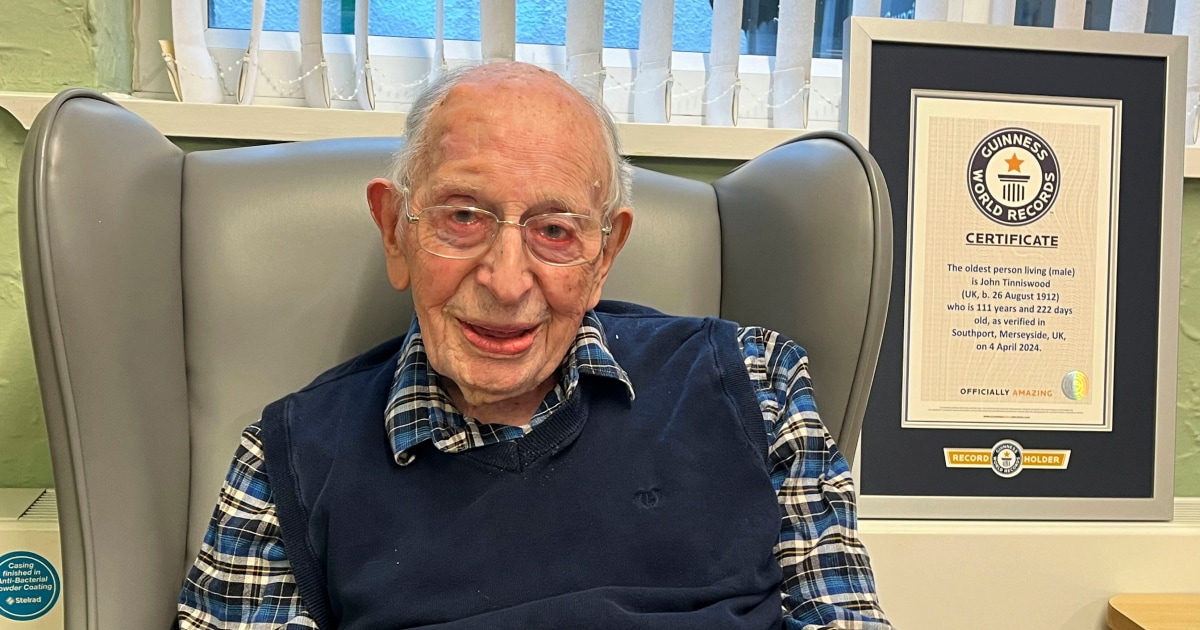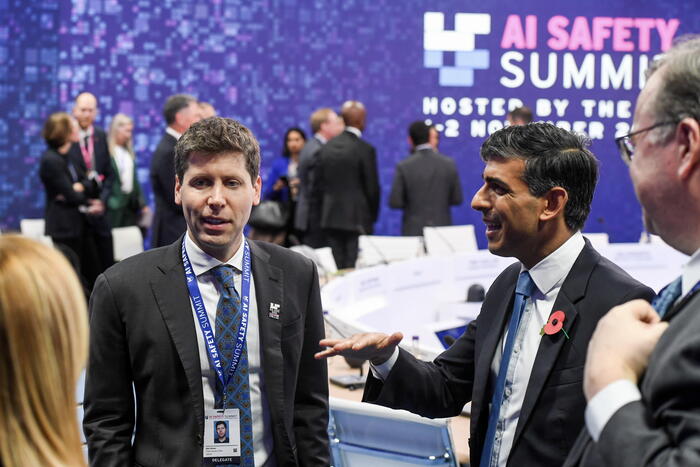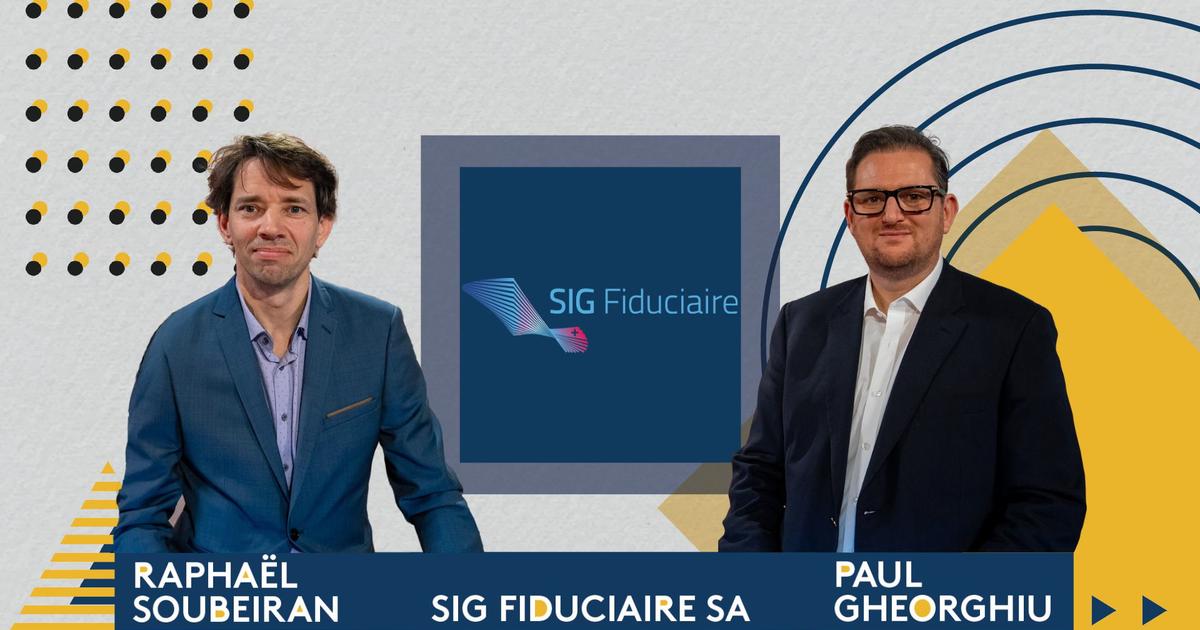From his vantage point in midtown Manhattan, a stone's throw from Central Park, Bill Hwang had quietly built one of the world's greatest fortunes.
Not even Wall Street noticed him, until suddenly everyone did.
The forced liquidation of more than 20,000 million dollars (just over 17,000 million euros) in shares linked to the investment firm Archegos has triggered alerts about the opaque financial instruments that its manager Bill Hwang used to invest massively in companies and that have ended up dragging investment funds, banks and multinationals.
And everything has happened in a matter of days.
“I have never seen anything like this.
Because of how quiet, how focused and how quickly the money disappeared, "says Mike Novogratz, a former partner at Goldman Sachs who has been in business since 1994." It has to be one of the biggest losses of personal wealth in history. "
Where to invest when normalcy returns
His extraordinary streak of fortune took a turn early last week, when shares of ViacomCBS, one of the stocks that boosted the mogul in 2020, plunged 9%.
Other stocks in which Hwang had significant positions also fell and, at the end of Thursday, the value of his portfolio fell 27%, more than enough to wipe out the investor's equity, which, according to market sources, was leveraged between six and eight times.
Much of Hwang's debt was held by large banks such as Nomura and Credit Suisse through financial derivatives such as
swaps and
CFDs (
contracts-for-difference)
, which means that Archegos may never have owned most of it. the underlying values, if any.
While investors who hold a stake greater than 5% in a company listed in the United States often have to disclose their holdings and subsequent transactions, this is not the case for positions created through the type of derivatives apparently used by Archegos.
Products that are traded off the exchanges allow managers like Hwang to accumulate positions in companies without having to declare them.
Much of Hwang's operations remain unclear, but industry sources estimate that its assets grew by between $ 5 billion and $ 10 billion in recent years and that total positions may have exceeded $ 50 billion.
The cascade of losses in the stock market has echoed from New York to Zurich to Tokyo, leaving endless questions unanswered, including the most important: How could someone take such large risks, facilitated by so many banks, right under the noses of regulators around the world?
Part of the answer is that Hwang created Archegos as a
family office
, a company that exclusively manages a fortune and does not need to register with the US regulator, the SEC, so it does not need to disclose its owners, executives or the volume it manages. .
From there, the entrepreneur used derivatives to accumulate large holdings in companies without having to disclose them.
At the same time, prestigious banks welcomed him as a client, despite his history of insider trading and attempts to manipulate the Chinese market that drove him out of the
hedge fund business
a decade ago.
"This again raises questions about the regulation of
family offices,
" maintains Tyler Gellasch, a former SEC adviser.
"Why should we care?
Because they can have a significant impact on the market ”.
The rapid dismantling of Archegos has had repercussions around the world, after banks such as Goldman Sachs and Morgan Stanley forced Hwang's company to sell billions of dollars in investments in the form of highly leveraged bets.
The sale has prompted Nomura and Credit Suisse to disclose that they face potentially significant losses from their exposure, which has sunk the two banks 20% on the stock market since Friday.
The reason for the fall in dominoes of banks and funds, which has dragged Goldman Sachs, Morgan Stanley, Wells Fargo and UBS, is the borrowed funds that investors use to magnify their bets: the so-called
margin call
occurs when the market goes against a large, leveraged position, forcing the hedge fund to deposit more cash to cover any losses.
Archegos probably only had to deposit a small percentage of the total value of the operations.
The chain of events triggered by this massive denouement is yet another reminder of the role that hedge funds play in global capital markets.
Earlier this year, a hedge fund shorting during a Reddit-fueled frenzy over Gamestop and other securities caused a $ 6 billion loss to the Melvin Capital fund and drew criticism from US regulators and politicians.
The idea that a firm can quietly amass huge positions through the use of derivatives, as in the case of Archegos, could trigger another wave of criticism against poorly regulated companies that have the power to destabilize markets.
While Friday's margin adjustments caused losses of up to 40% in some stocks, there were no signs of contagion in the markets on Monday.
Contrast this with 2008, when the then richest man in Ireland used derivatives to build such a large position in Anglo Irish Bank that it triggered the international bailout of the country.
CFDs and
swaps
are among the derivatives that investors trade privately or on the OTC market, rather than through public exchanges.
This opacity contributed to exacerbating the 2008 financial crisis, and regulators have since introduced a broad set of rules limiting these assets.














